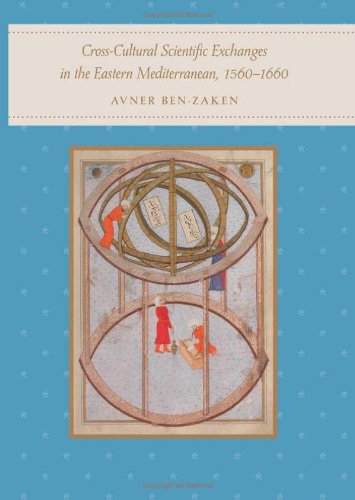

Most ebook files are in PDF format, so you can easily read them using various software such as Foxit Reader or directly on the Google Chrome browser.
Some ebook files are released by publishers in other formats such as .awz, .mobi, .epub, .fb2, etc. You may need to install specific software to read these formats on mobile/PC, such as Calibre.
Please read the tutorial at this link: https://ebookbell.com/faq
We offer FREE conversion to the popular formats you request; however, this may take some time. Therefore, right after payment, please email us, and we will try to provide the service as quickly as possible.
For some exceptional file formats or broken links (if any), please refrain from opening any disputes. Instead, email us first, and we will try to assist within a maximum of 6 hours.
EbookBell Team

4.7
106 reviewsAvner Ben-Zaken reconsiders the fundamental question of how early modern scientific thought traveled between Western and Eastern cultures in the age of the so-called Scientific Revolution.
Through five meticulously researched case studies―in which he explores how a single obscure object or text moved in the Eastern world―Ben-Zaken reveals the intricate ways that scientific knowledge moved across cultures. His diligent exploration traces the eastward flow of post-Copernican cosmologies and scientific discoveries, showing how these ideas were disseminated, modified, and applied to local cultures.
Never before has a student of scientific traffic in the Mediterranean taken such pains to see precisely which instruments, books, and ideas first appeared where, in whose hands, by what means, and with what implications. In doing so, Ben-Zaken challenges accepted views of Western primacy in this fruitful exchange. He shows not only how Islamic cultures benefited from European scientific knowledge but also how Eastern understanding of classical Greek texts informed developments in the West.
Ben-Zaken’s mastery of different cultures and languages uniquely positions him to tell this intriguing story. His findings reshape our understanding of scientific discourse in this critical period and contribute to the growing field of cross-cultural Christian-Muslim studies.